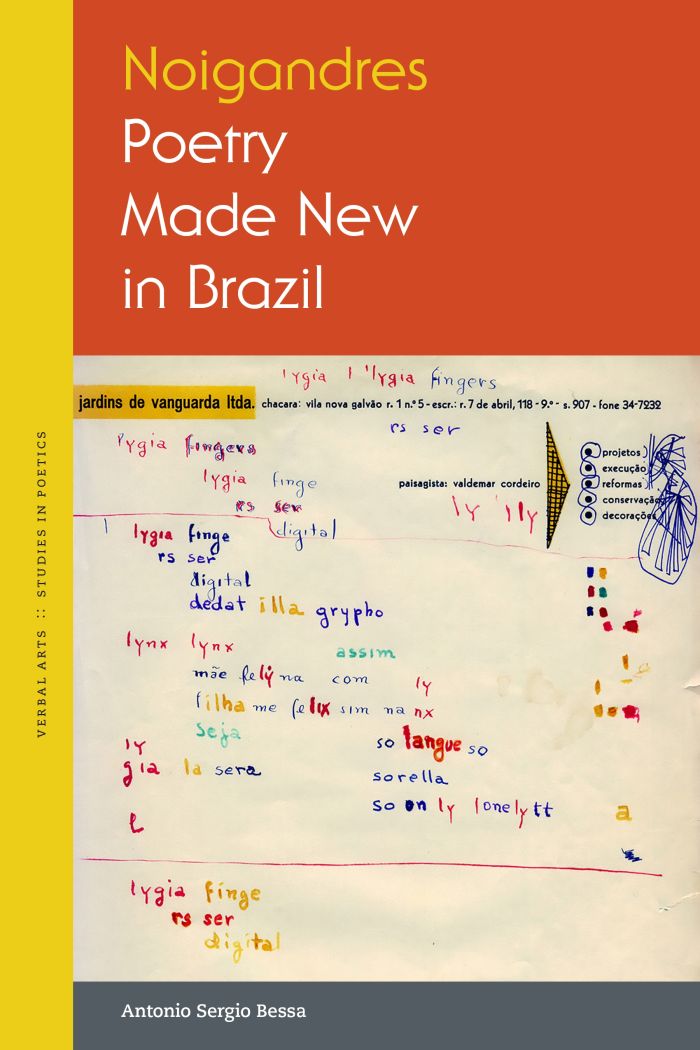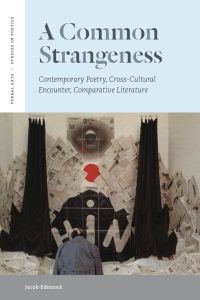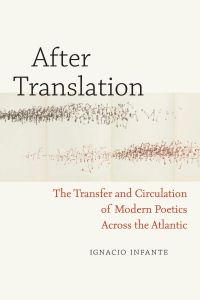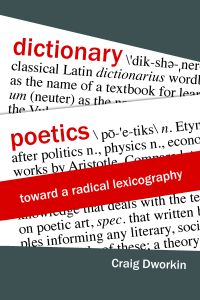Noigandres
Poetry Made New in Brazil

This book can be opened with

The Noigandres group was one of the key movements in Brazilian modernism. Bessa’s account works through the specific poetic innovations that are the hallmark of the concrete poetics the group developed. These include their unprecedented reevaluation of Brazilian literary history, their distinctive exploration of graphic space inspired by emerging studies on cybernetics, and their embrace of a range of Modernist traditions, from Mallarmé’s vision of poetry as a constellation of words, to Joyce’s concept of the “verbivocovisual,” to Pound’s writings about the Chinese ideogram.
Bessa’s account begins with the core traits of concrete poetry developed by the Noigandres poets throughout the 1950s (the so-called “heroic phase” of concretism) and continues to the poetic experiments the group undertook after the military coup of 1964 in Brazil. The book concludes with translations of key primary texts: essays by the poets Augusto de Campos, Décio Pignatari and Haroldo de Campos and correspondence between the three poets and Ezra Pound.
“Bessa persuasively situates the Noigandres group—the missing link between Modernism and the poetics of our digital age—within an artistic and philosophical lineage. Providing an accessible and incisive summary of the theoretical background and the particular cultural conditions of post-war Brazil, Bessa’s book is the ideal guide for understanding this novel, challenging, and important poetry.”—Craig Dworkin, author of The Sound of Thinking: A Listener's Companion to Conceptual Music
“Bessa renews our understanding of the Noigandres poets. His readings, with an eye on contemporary concerns, will introduce the movement to new generation of scholars.”—Marília Librandi, author of Writing by Ear: Clarice Lispector and the Aural Novel





